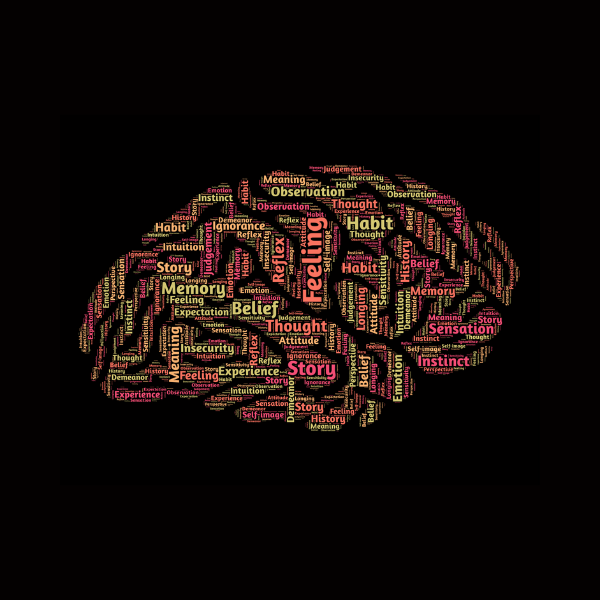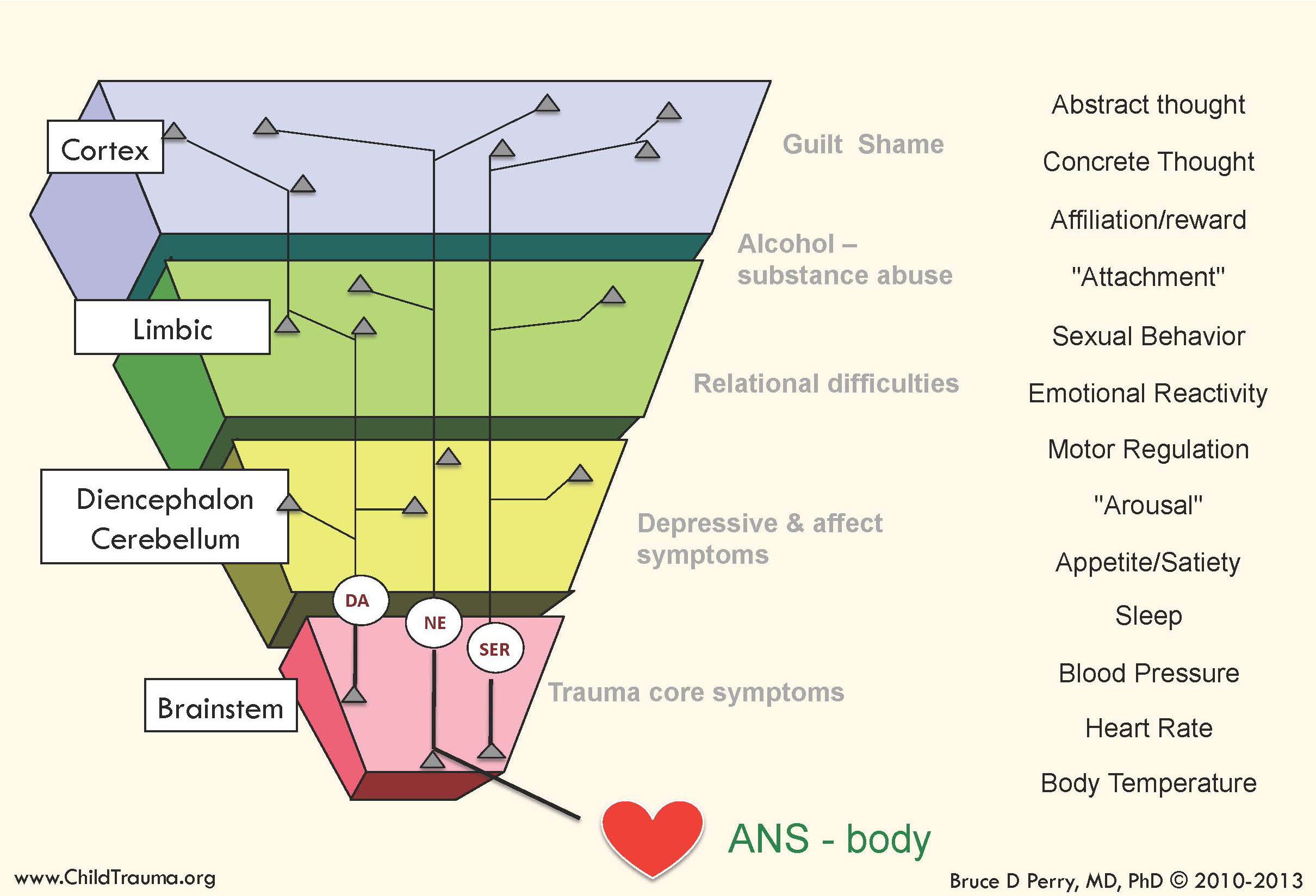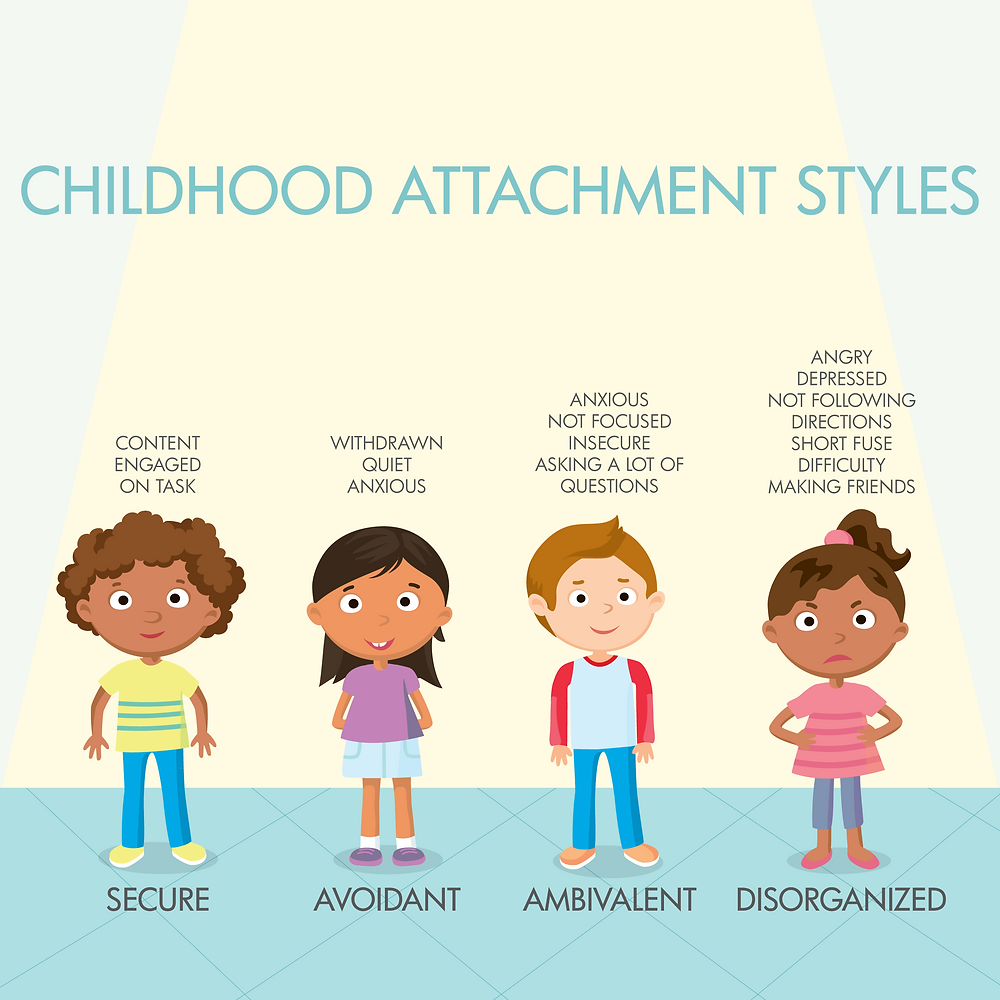Utilizing Evidence-Based Practices: Empower YOUth's Therapeutic Model
Introduction
At Empower YOUth, our therapeutic model is founded on evidence-based practices that prioritize the holistic well-being of children and young individuals. By integrating trauma-informed care, therapeutic interventions, and strategies that encompass the entire environment of the child, including caregivers and home settings, we aim to create supportive and nurturing environments conducive to healing and growth.
Theoretical Framework
Our therapeutic model is guided by various theoretical frameworks, including:
- Dan Hughes' P.A.C.E Implementation: Incorporating elements of playfulness, acceptance, curiosity, and empathy, we foster secure attachments and emotional resilience in children while working with caregivers to create nurturing relationships.
- Bessel van der Kolk's Trauma-Informed Care: Our approach prioritizes safety, trustworthiness, and empowerment, recognizing the impact of trauma on children's development. We create environments that promote healing and resilience, with interventions tailored to individual needs.
- Dr. Bruce Perry's Neurosequential Model of Therapeutics (NMT): Our approach follows a bottom-up trajectory, considering the sequential brain development and impact of trauma on the child's neurobiology. Through regulated, rhythmic interventions, we aim to address primal needs and promote gradual progression towards healing.
- Attachment Theory Integration: Drawing from John Bowlby and Mary Ainsworth's attachment theory, we emphasize the importance of secure caregiver-child relationships in promoting emotional well-being and resilience. By understanding attachment patterns, we tailor interventions to enhance secure attachments and support emotional development.
- Therapeutic Interventions and Strategies: Our programs offer a range of therapeutic interventions and strategies tailored to the unique needs of each child. These may include play therapy, cognitive-behavioral techniques, art therapy, and mindfulness practices, among others.
Impact and Outcomes
Through our evidence-based practices and holistic approach, we aim to achieve the following outcomes:
- Improved Coping Skills: Children develop resilience and adaptive coping strategies to manage stress and adversity.
- Enhanced Emotional Regulation: Our interventions help children regulate their emotions and build emotional awareness.
- Strengthened Caregiver-Child Relationships: By working with caregivers, we promote secure attachments and strengthen familial bonds.
- Increased Stability and Well-being: Children experience increased stability and well-being in their home environments, leading to improved outcomes in various domains of functioning.
Program Integration
Empower YOUth's therapeutic model emphasizes the integration of trauma-informed practice and therapeutic interventions across all programs. By working with the whole environment of the child, including caregivers and home settings, we ensure consistency and continuity of care. Our programs are designed to address the complex needs of children and young individuals while empowering caregivers to support their healing journey.


